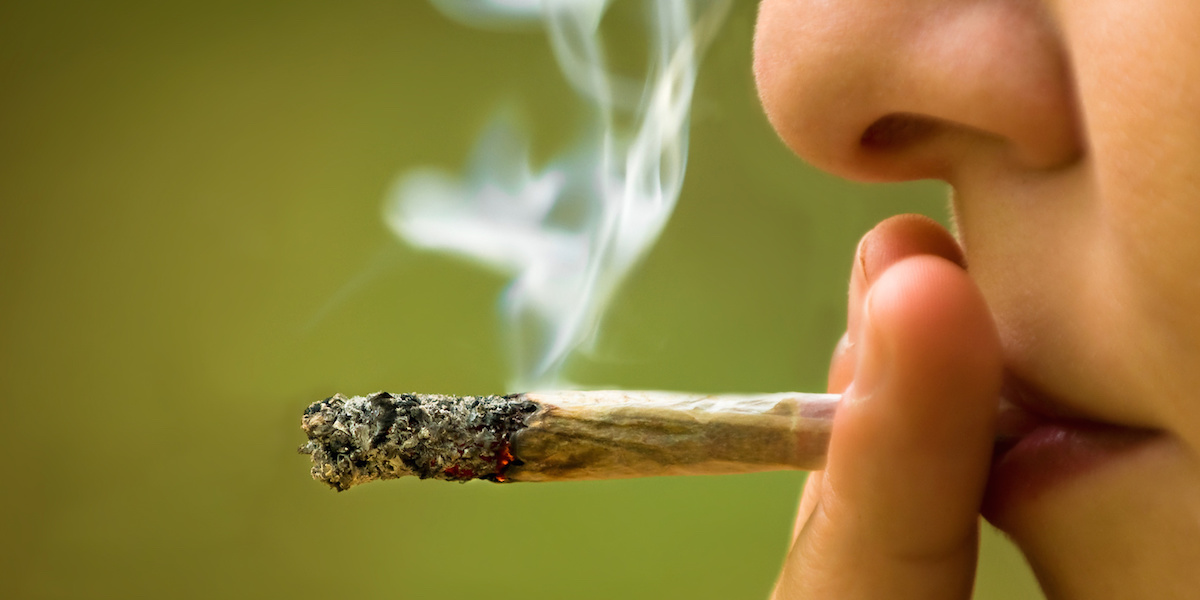
*The following is excerpted from an online article posted on HealthDay.
Schoolyard bullies have been making life difficult for kids for eons, often causing lasting damage to their victims. Now, new research shows these bullies can also suffer lasting consequences as they age.
Bullies may be more likely to abuse drugs, alcohol, and tobacco later in life, and this risk is greater for childhood bullies than those who picked on others during their adolescent years, the study found.
Bullying or unwanted aggressive behavior among school-aged kids has become more pervasive in recent years, and the stakes are much higher likely due to social media. In the past, bullying was limited to school, but now bullies can harass their victims online 24/7. About 20% of students aged 12 to 18 have been bullied at school or online in the United States, according to Stopbullying.gov.
“For a long time, research focused primarily on negative consequences for the victims of bullying, but it has become increasingly clear that bullying perpetrators also have a higher risk of [behavioral and emotional issues],” said study author Charlotte Vrijen, a postdoctoral researcher in the department of pedagogy and educational science at the University of Groningen in the Netherlands. “We found robust evidence that child and adolescent bullies have a higher risk of later substance use than their non-bullying peers.”
For the study, Vrijen and her colleagues reviewed literature on bullying in childhood or adolescence and later use of drugs, alcohol, or tobacco published between 1992 and 2019. In all, they analyzed 28 studies including nearly 28,500 kids. The findings were published online in the journal Pediatrics.
Calling the research “important,” Brittany LeMonda, a senior neuropsychologist at Lenox Hill Hospital in New York City, said it suggests that the same factors that predispose children to bullying may also increase the likelihood that they abuse alcohol or drugs later in life.
Source: HealthDay
https://consumer.healthday.com/2-17-childhood-bullies-at-higher-odds-for-substance-abuse-as-adults-study-2650429789.html

 Teen Loneliness Triggers ‘Reward Seeking’ Behavior
Teen Loneliness Triggers ‘Reward Seeking’ Behavior  The Hidden Mental Health Danger in Today’s High-THC Cannabis
The Hidden Mental Health Danger in Today’s High-THC Cannabis  Teen Suicide, Binge Drinking Decline, New National Data Show
Teen Suicide, Binge Drinking Decline, New National Data Show